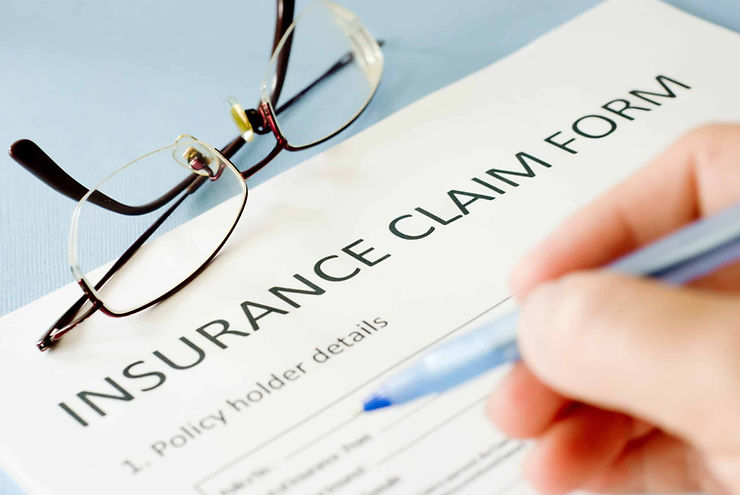Florida's unique climate presents a variety of challenges for homeowners, especially when it comes to roof damage. Whether it's from hurricanes, tropical storms, or other severe weather conditions, understanding how to effectively navigate the insurance claim process is crucial. This blog will explore important laws in Florida regarding roof damage claims, and discuss whether hiring an attorney or an adjuster is beneficial.
Understanding Florida's Roof Damage Insurance Laws
1. Claim Filing Deadline: Florida law requires homeowners to file a claim within a specific period after discovering roof damage. It's imperative to check with your insurance provider for the exact timeline.
2. Matching State Law: Florida has a "matching" regulation, which may require insurance companies to replace undamaged sections of the roof if it's impossible to match the damaged sections to the existing roof.
3. Hurricane Deductibles: In Florida, hurricane deductibles are separate from standard homeowners insurance deductibles. Ensure you understand this aspect of your policy, as it directly affects your out-of-pocket costs.
Steps in Filing a Roof Damage Claim
- Document the Damage: Take photos and detailed notes of all damage as soon as it's safe to do so.
- Review Your Insurance Policy: Understand what your policy covers and the deductibles involved.
- File Your Claim Promptly: Contact your insurance provider as soon as possible to start the claim process.
Hiring a Professional: Attorney or Adjuster?
- Public Adjuster:
- A public adjuster can help you assess the damage and file your claim.
- They work on your behalf, not the insurance company's.
- Public adjusters are paid a percentage of the claim settlement.
- Attorney:
- Consider hiring an attorney if your claim is denied, or you feel the settlement offer is unfair.
- Attorneys specializing in insurance claims can negotiate with the insurance company and, if necessary, take legal action.
- Legal fees may vary, so discuss payment structures before hiring.
Key Considerations:
- Insurance Company Adjusters: Remember, company adjusters work for the insurer, not for you. Their assessments might not always align with your best interests.
- Claim Denial and Appeals: If your claim is denied, you have the right to appeal the decision. In such cases, having a lawyer can be advantageous.
- Roofing Contractor Involvement: Some contractors offer to handle insurance claims. Exercise caution and ensure they are reputable and experienced in dealing with insurance claims.
The Role of Florida's Department of Financial Services
The Florida Department of Financial Services offers resources and assistance for homeowners filing insurance claims. They can provide guidance on your rights and the insurance company's responsibilities.
Conclusion
Navigating an insurance claim for roof damage in Florida requires an understanding of state laws, timely action, and sometimes professional assistance. Whether you choose to work with a public adjuster, an attorney, or both, ensure they are reputable and experienced in Florida's insurance landscape. Remember, the goal is not just to repair your roof but to ensure you receive the fair compensation to which you are entitled under your policy.


